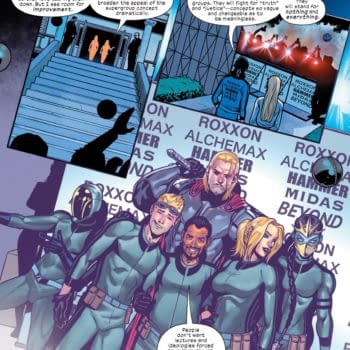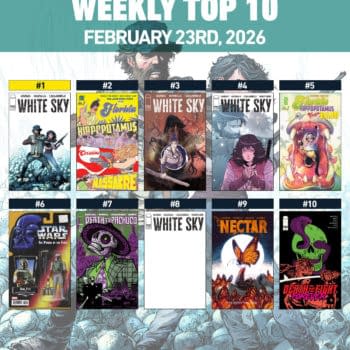Posted in: Comics | Tagged: film, gunche, train to busan, yeon sang-ho
Train to Busan Director Explores a Fresh Zombie Perspective in Gunche
Train to Busan director Yeon Sang-ho reveals how his upcoming zombie film Gunche differs from his other genre projects.
Article Summary
- Yeon Sang-ho's new film Gunche shifts focus to zombie characteristics, promising a fresh genre perspective.
- Gunche departs from environment-centric stories, offering a unique narrative in the zombie landscape.
- Train to Busan director known for suspense and social themes ventures into uncharted territory with Gunche.
- Past successes suggest Gunche could explore new themes, adding depth to the zombie genre.
Yeon Sang-ho, the South Korean director whose name has become synonymous with innovative genre filmmaking, is set to deliver a fresh and terrifying vision of the undead with his upcoming film, Gunche. Known for his groundbreaking work on Train to Busan and Hellbound, Yeon has now revealed that Gunche will deviate from his previous zombie endeavors, placing the creatures themselves at the center of the narrative. Here's what we know so far.
"In my past zombie projects, what was really important was the space where everything happened, where the zombie virus started and spread. But in Gunche, the zombie is of our utmost focus. They have their own characteristics, so I think it's going to truly be a new kind of zombie movie, for sure," Yeon stated in a recent interview with Screen Rant. This declaration marks a significant shift in his approach, moving away from the environment-centric storytelling that defined his earlier works.
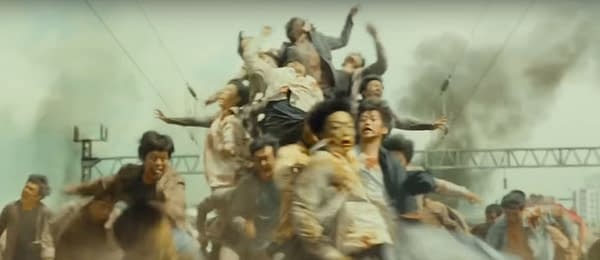
Why Gunche Has the Potential to Impress
Yeon's Train to Busan (2016) was his first zombie story to revolutionize the genre, utilizing the confined space of a high-speed train to create a relentless and claustrophobic atmosphere. Its critical and commercial success propelled Yeon to international acclaim, establishing him as a master of suspense and social commentary. The film's sequel, Peninsula (2020), expanded the scope to a post-apocalyptic urban landscape but still emphasized the environment as a hostile and integral character.
Beyond his zombie films, Yeon's diverse filmography showcases his ability to blend genre conventions with profound social themes. His animated works, like Seoul Station (2016), a prequel to Train to Busan, delve into the darker aspects of society, exploring themes of homelessness and systemic neglect. His Netflix series, Hellbound (2021), further solidified his reputation for thought-provoking storytelling, presenting a chilling vision of a world where supernatural beings enforce divine judgment. The series sparked intense discussions about faith, morality, and the nature of justice, though the second season's pacing became a point of discussion for many viewers.
With Gunche, Yeon appears to be venturing into uncharted territory, focusing on the unique characteristics of the zombies themselves. This shift suggests a deeper exploration of their origins, behavior, and potential evolution, which opens up the possibility of exploring new themes and narratives within the well-worn zombie landscape.
Given his impressive track record, do you have faith in Gunche?




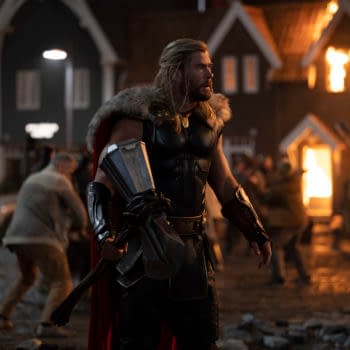
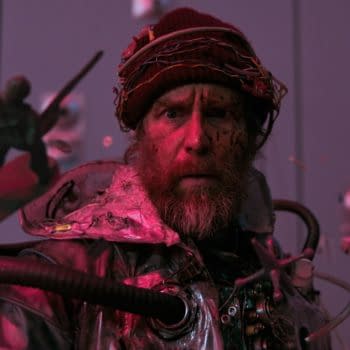

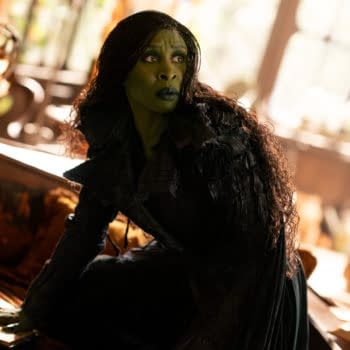
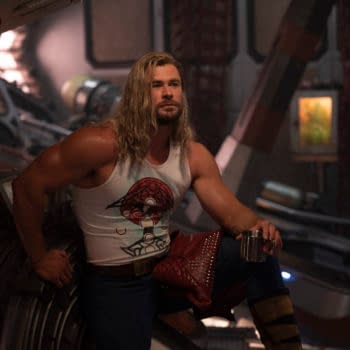
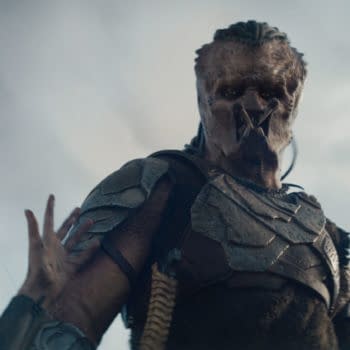
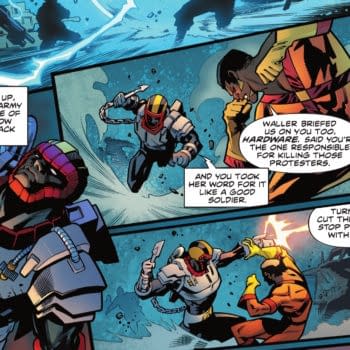
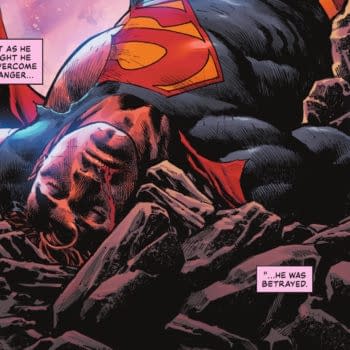
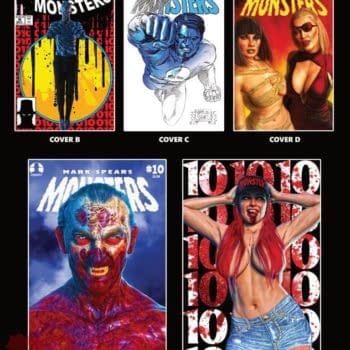
![White Sky #]1 second printing](https://mlpnk72yciwc.i.optimole.com/cqhiHLc.IIZS~2ef73/w:350/h:350/q:75/rt:fill/g:ce/https://bleedingcool.com/wp-content/uploads/2026/02/unnamed-2026-02-18T203050.994-350x350.jpg)
